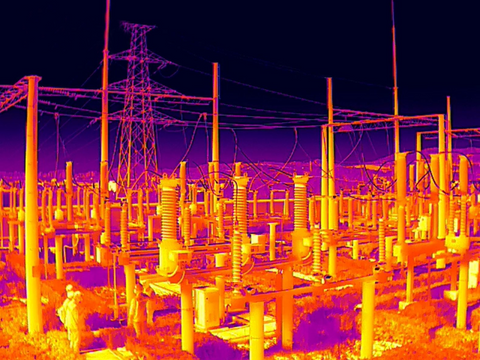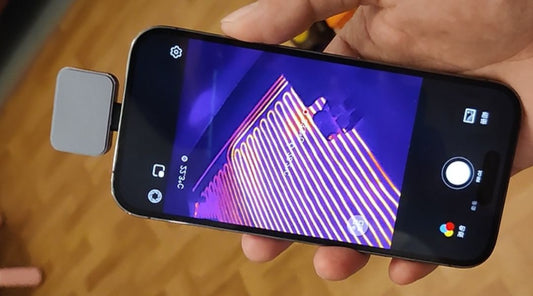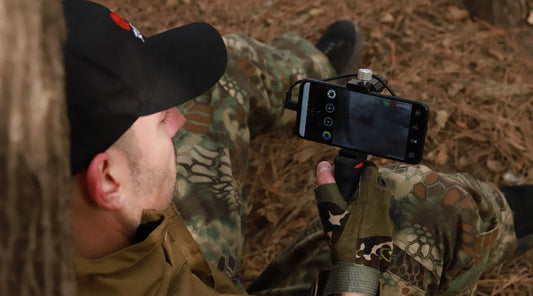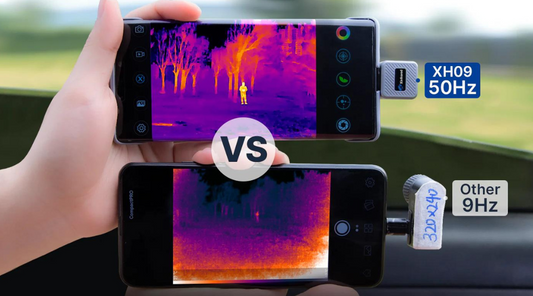Are Thermal Monoculars Legal for Civilian Use in All States?
Thermal monoculars are devices that use infrared technology to detect heat signatures and produce images. They are commonly used in a variety of applications, including search and rescue missions, wildlife observation, and security surveillance. However, many civilians are also interested in using thermal monoculars for hunting, camping, and other outdoor activities. One of the questions that often arises is whether thermal monoculars are legal for civilian use in all states. In this article, we will explore this question in detail.

Legal Status of Thermal Monoculars
The legal status of thermal monoculars varies from state to state. Some states allow civilians to own and use thermal monoculars without any restrictions, while others have strict regulations that prohibit or limit their use. In general, the legality of thermal monoculars depends on the type of device and its intended use.
For example, some states have restrictions on the use of thermal imaging devices for hunting. In Alaska, for instance, thermal imaging devices are legal for hunting purposes only if they do not emit a visible light. In some other states, such as California, thermal imaging devices are prohibited for hunting altogether.

In addition, some states have restrictions on the use of thermal imaging devices for security purposes. In Texas, for example, it is illegal to use thermal imaging devices to conduct surveillance without a warrant. Other states, such as Florida, require individuals to obtain a permit or license before they can use thermal imaging devices for security purposes.
On the other hand, some states have no specific laws regulating the use of thermal imaging devices. In such states, individuals are generally free to use thermal monoculars for any lawful purpose, provided that they do not violate any other laws or regulations.
Overall, the legal status of thermal monoculars varies widely across different states. Therefore, before using a thermal monocular, it is essential to check the local laws and regulations to ensure compliance.
Benefits of Using Thermal Monoculars
Despite the varying legal status of thermal monoculars across different states, many people are interested in using them for various applications. Here are some of the benefits of using thermal monoculars:
-
Enhanced Vision: Thermal monoculars can detect heat signatures even in complete darkness, fog, or smoke. This feature makes them useful for outdoor activities such as hunting, camping, and hiking, where visibility is limited.
-
Safety: Thermal monoculars can help individuals navigate in dark or hazardous environments safely. For example, firefighters and search and rescue teams can use thermal monoculars to locate people in burning buildings or remote areas.
-
Security: Thermal monoculars can be used for security purposes, such as monitoring perimeters and detecting intruders. They can also be used by law enforcement agencies to track suspects and conduct surveillance operations.

-
Wildlife Observation: Thermal monoculars can be used to observe wildlife without disturbing their natural habitat. They can also help researchers and biologists track animals and monitor their behavior.

Conclusion
In conclusion, the legal status of thermal monoculars varies widely across different states. While some states allow civilians to own and use thermal monoculars without any restrictions, others have strict regulations that prohibit or limit their use. Therefore, before using a thermal monocular, it is essential to check the local laws and regulations to ensure compliance.
Despite the varying legal status of thermal monoculars, they offer many benefits for different applications, such as hunting, camping, safety, security, and wildlife observation. By using thermal monoculars, individuals can enhance their vision, navigate safely in dark or hazardous environments, and monitor their surroundings effectively.




